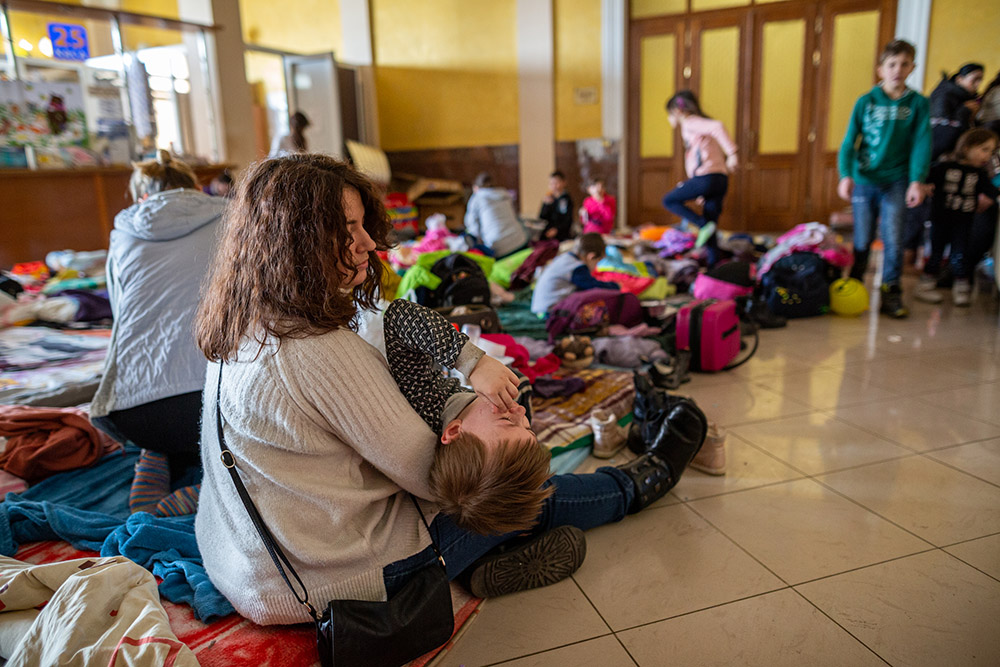Residence permit Through no fault of their own
Table of contents

lawyer Residence permit Through no fault
Applying for a residence permit through no fault of their own
Repatriation and Departure Service (DT&V).
Immigration Law
immigration law attorney enschede
immigration law lawyer overijssel
aliens law enschede
lawyer enschede immigration law
what is a there cannot leave the netherlands is there a special residence permit
Een verblijfsvergunning "Buiten schuld" is een belangrijk juridisch instrument binnen het vreemdelingenrecht. Deze vergunning is bedoeld voor mensen die buiten hun schuld om Nederland niet kunnen verlaten. Het aanvragen van een verblijfsvergunning "Buiten schuld" kan een complexe procedure zijn, waarbij rekening moet worden gehouden met specifieke criteria en regels.De Dienst Terugkeer en Vertrek (DT&V) speelt een rol in het proces van verblijfsvergunningen en terugkeer. Het is belangrijk om juridisch advies en bijstand in te winnen bij gespecialiseerde vreemdelingenrechtadvocaten zoals Derbedrosian Vreemdelingenrecht Advocaten in Enschede en Overijssel wanneer u overweegt een verblijfsvergunning "Buiten schuld" aan te vragen of wanneer u te maken heeft met de DT&V.Onze advocaten begrijpen de complexiteit van deze procedures en staan klaar om u te adviseren en te begeleiden bij het aanvraagproces en de communicatie met de DT&V. Als u hulp nodig heeft met betrekking tot verblijfsvergunningen "Buiten schuld" of andere vreemdelingenrechtelijke aangelegenheden, aarzel dan niet om contact op te nemen met Derbedrosian Vreemdelingenrecht Advocaten. Wij zijn er om u te helpen en uw rechten te beschermen.
What is meant by Residence Permit beyond fault?
Am I eligible for a Residence Permit through no fault of my own?
To qualify for a "Residence Permit Through no fault of your own," you must convincingly demonstrate that the circumstances preventing you from leaving the Netherlands are completely beyond your control and that it is not your fault that you cannot leave.
Below are the specific conditions for obtaining this permit:
- Id: it is crucial that anyone can establish your nationality and identity without doubt. This requires that you have valid and verifiable documentation confirming your nationality and identity. The lack of such documentation can make it difficult to obtain this permit.
- Cooperation with (DT&V): during your stay in the Netherlands, you are expected to have made continuous efforts to cooperate with the Repatriation and Departure Service (DT&V) to leave the Netherlands. This includes participating in interviews, providing relevant information and following the instructions given to facilitate your departure.
- Motivation: there must be demonstrable motivation to return to your country of origin. This can be substantiated with a credible statement explaining why you are willing to return and the steps you have taken to achieve this. A clear motivation to return is a crucial element in the application for a "Residence Permit Through No Fault".
Family members
Sometimes it is possible for your family members, such as your partner and children under the age of 18, to stay in the Netherlands as well. In such cases, specific rules apply that both you and your family members must comply with. The conditions that apply to you and your family members are listed below.
- Joint Residence: it is a requirement that both you and your family members be present in the Netherlands at the same time. This means that you cannot reside separately in the country while your relatives are elsewhere. Living together in the Netherlands is essential to qualify for your family members' residence.
- Family relationship: there must be absolute certainty about the family status of the persons involved. This means being able to prove the family relationship through official documents, such as birth certificates or marriage certificates. It is very important to be able to prove that the family ties are legitimate and indisputable.
Procedure
- Submission of application: the first step in obtaining a residence permit "through no fault of their own" is to submit an official application. This must be done by a foreign national who cannot leave the Netherlands for reasons beyond his control. The application can be submitted to the Immigration and Naturalization Service (IND), the agency responsible for processing these applications.
- Research and Evaluation: after the application is submitted, the IND will conduct a thorough investigation and assess the situation. This includes gathering information to verify that the foreign national is actually unable to return to his country of origin due to insurmountable circumstances.
- Burden of proof: it is essential that the alien provide convincing evidence to justify his situation. This evidence may vary depending on the individual circumstances, but it must show that there is no reasonable possibility of returning to the country of origin.
- Decision-making: Based on the conducted investigation and evaluation, the IND will make a decision on the application for a "no-fault" residence permit. If the foreign national meets the required conditions and the evidence submitted is convincing, the permit will be granted. If the application is approved, the foreign national may remain legally in the Netherlands and benefit from certain rights and facilities.
Repatriation and Departure Service (DT&V).
The Repatriation and Departure Service (DT&V) is tasked with ensuring that people who should actually leave the Netherlands actually leave. Obtaining a residence permit in such cases can often be a complex procedure. The DT&V may sometimes doubt an individual's sincere desire to return to their home country and whether they have made sufficient efforts to meet the legal requirements. Therefore, it is extremely important to contact the DT&V in a timely manner and follow their instructions carefully.
Residence permit through no fault of lawyer
Obtaining a residence permit beyond fault is a process that will take a considerable amount of time if an experienced attorney is not hired. The lawyers of law firm Der Bedrosian specialize in the immigration law and provide comprehensive legal assistance.
So feel free to contact us for free advice.
Der Bedrosian Law Firm is an independent law firm specializing in criminal law, asylum and immigration law and social security law.
Free advice
Working nationwide
Personal guidance
Contact within 48 hours